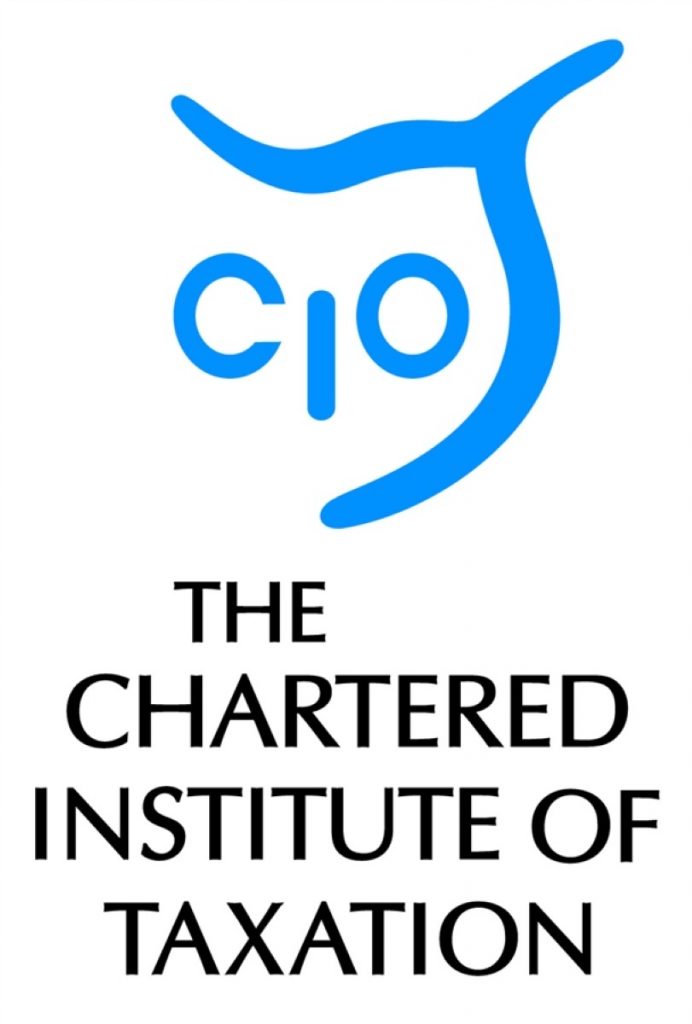CIOT: HMRC must retain non-online options for dealing with businesses
The Low Incomes Tax Reform Group (LITRG) have welcomed moves to encourage businesses to communicate with HMRC online, but have issued a strong warning that nobody must be forced to do so – particularly if they cannot, or would find it very difficult to, use a computer or the internet.
LITRG set out their position in responses to two HMRC consultations, Digital by Default and Next Steps for Moving VAT Online. This comes as the National Audit Office publishes a report today on online filing of tax returns.
LITRG’s Technical Director, Robin Williamson, explained:
“There should be no statutory requirement that people must deal with HMRC by digital means, and there must be robust, well-advertised alternatives for those who find it impossible or difficult to transact online.
“Encouraging businesses to move to digital channels as the default option for filing tax returns and communicating with HMRC is reasonable and sensible. But, as ministers have acknowledged1, they cannot leave behind those without internet access or capability.
“Without satisfactory, fully safeguarded, non-paper alternatives, we see no alternative to the retention of a paper channel for those who are unable, or will find it excessively difficult, to move to digital. This includes those who are unable to use the internet because of lack of capability through age, disability or other circumstance, inadequate internet or broadband access, affordability or a mixture of these. HMRC are maintaining the paper option for certain existing filers with objections to online filing on religious grounds, so it ought to be simple enough to allow others to use that same route.
“The Government could minimise the number of businesses which would need to take advantage of this option by providing tailored support for those who want to move online but are finding it hard to do so.”
LITRG has been supporting several business owners who have been unable to file online in appeals against VAT online filing notices. These appellants are awaiting the outcome of this consultation. Their experiences are typical of many who have difficulty in moving to digital channels.
Robin Williamson said:
“It is impossible for many small businesses to be viewed separately from their proprietors. Effectively, the digital exclusion issues (age, disability and so forth) of the proprietor are problems for the business itself.
“In our response to the ‘Moving VAT Online’ consultation, we have outlined the need for exemptions from online to be set out in legislation where online filing is mandated by statute. Those comments apply equally to the mandation of PAYE online filing for employers.”
Notes to editors
On 23 November 2010 the Minister for the Cabinet Office, Francis Maude, made a statement on ‘Digital by Default’, in which he said that:
“This does not mean we will abandon groups that are less likely to access the internet: we recognise that we cannot leave anyone behind. Every single Government service must be available to everyone – no matter if they are online or not.”
The LITRG response are available online:
HMRC consultation – Digital by default
VAT: consultation on the next steps for moving VAT online
The House of Commons Treasury Committee report on the 2011 Budget, published April 9 2011, and on the Administration and Effectiveness of HMRC, published July 30 2011, both stated that HMRC should ensure it has alternatives in place for those who cannot access information or submit tax returns online.
There are three million unincorporated businesses in the UK that have a turnover of £70,000 or less, including approximately two million with a turnover of £20,000 or less. Although these are the smallest businesses in the UK, they form a vital part of the UK economy (see Office of Tax Simplification discussion paper, July 2011: A Simpler Income Tax for the Smallest Businesses – http://www.hm-treasury.gov.uk/d/ots_tax_for_small_business_discussion_paper.pdf)
The Low Incomes Tax Reform Group (LITRG) is an initiative of the Chartered Institute of Taxation (CIOT) to give a voice to the unrepresented. Since 1998 LITRG has been working to improve the policy and processes of the tax, tax credits and associated welfare systems for the benefit of those on low incomes.
6. The CIOT is a charity and the leading professional body in the United Kingdom concerned solely with taxation. The CIOT’s primary purpose is to promote education and study of the administration and practice of taxation. One of the key aims is to achieve a better, more efficient, tax system for all affected by it – taxpayers, advisers and the authorities. The CIOT’s 15,600 members have the practising title of ‘Chartered Tax Adviser’ and the designatory letters ‘CTA’.
– ENDS –
George Crozier
External Relations Manager
D: +44 (0)20 7340 0569
M: +44 (0)7740 477374
The Chartered Institute of Taxation
Registered charity number 1037771
www.tax.org.uk
The Association of Taxation Technicians
Registered charity number 803480
Registered company number 2418331
VAT Registration Number 497 5390 90
www.att.org.uk
Low Incomes Tax Reform Group – an initiative of the Chartered Institute of Taxation
1st Floor, Artillery House, 11-19 Artillery Row, London SW1P 1RT





-01.png)